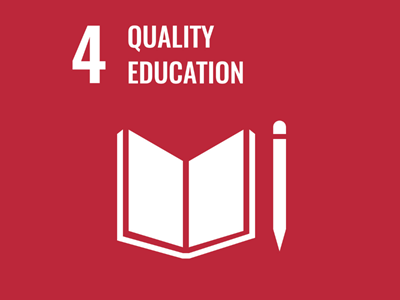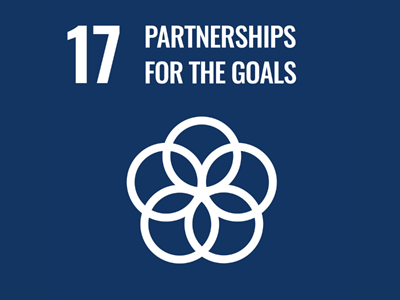About the Project
PAFSE: Partnerships for science education, 2021
PAFSE will contribute to community preparedness to reduce the risk of communicable disease and epidemics. It will do so by establishing partnerships between schools, universities, non-formal education providers, enterprises and civil society organizations and engaging them in efforts to enrich Science, Technology, Engineering, Mathematics (STEM) education to include public health issues, an understanding of microbes and zoonosis, and the value of disease prevention measures in protecting communities. Novel educational provisions engage students aged 12-15 in public discourse events, and a blend of formal and informal learning activities using digital tools and online teaching-learning environments to develop their competence on project management and collection/analysis/making sense of scientific evidence and translate the information to support action.
The project is innovative in that it makes use of project-based learning and digital learning packages to engage a wide range of actors in addressing public health challenges through an open schooling framework. PAFSE will involve more than 3000 students and their families in the project activities, being the outcomes disseminated to more than 1000 schools. It will also increase the global population awareness and preparation to deal with future epidemics and indirectly to support the achievement of the sustainable development goals (SDGs).
The PAFSE model for open schooling will be applicable in addressing other public health challenges, such as child obesity, or even the involvement of schools in climate change initiatives.





